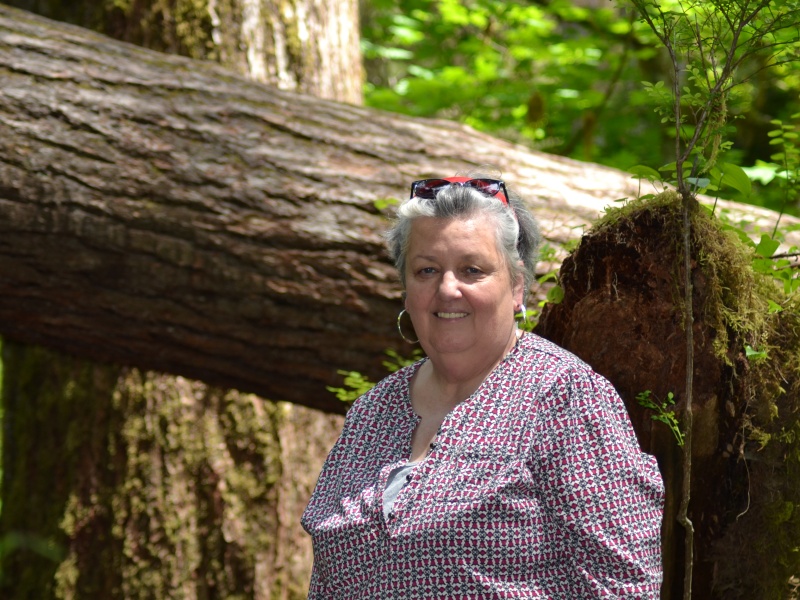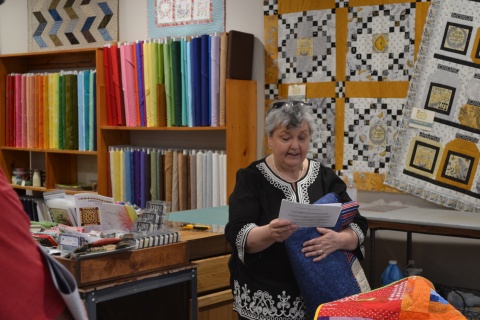
George Rickey says his wife, Sally, had the “greatest smile you ever would see.”
In fact, smiles are what brought them together.
They met in Columbus, Ohio, after appearing on a radio show called “Desperate & Dateless,” that was like “The Dating Game.”
“Three guys would call in to win a date, and I was one of the guys,” George says. “The game wasn’t going the way it normally did, and they asked a question, ‘tell me what turns you on the most about the opposite sex.’ The other guys gave the typical answers like short skirts, but I said, ‘when a woman smiles and it goes past her cheekbones and into her eyes and radiates out, it gets me every time.’”
“She liked that and got my number.”
The Rickeys were married for 33 years and 4 days before Sally died on September 27, 2022.
George says Sally had talked about being an eye, organ, and tissue donor but she had never gotten around to signing up for the registry when she got her driver’s license. On the way home from the emergency room after Sally died, George says he got a call asking if he would like to donate Sally’s corneas.

George says knowing this has helped temper a lot of the pain of losing Sally.
“She always believed in the good of people, she never turned her back on anybody,” George says. “She was very giving, very talented, and a very warm person.”
During her life, Sally sang at Carnegie Hall with the Cedar Rapids Concert Chorale, volunteered at Crowded Closet, and loved to sew and quilt. She worked for Hancock Fabrics for 27 years, working as a district manager until they went out of business.
“I could never get her to hem my pants though,” George laughs. “She would say quilters don’t hem pants.”
One of the projects Sally headed up at her church was making pillows for patients at University of Iowa Hospitals & Clinics that had just undergone mastectomies, so they could rest their arms and protect the incision site. For patients with chest ports, she made pillows that were about the size of cell phones, which secured to seat belts and would protect the port site from being irritated.
George says she also ran meals for people having trouble with food insecurity and would take care of her family back east at the drop of a hat.
“She was the best thing that ever happened to me. She really enhanced me as an individual,” George says. “And God, I miss her.”